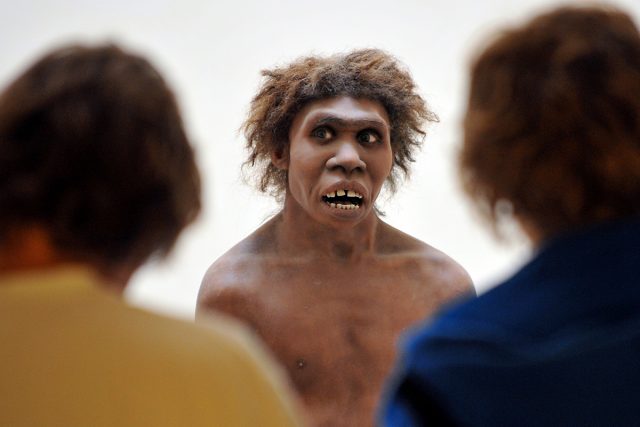MI weekly selection #221
MI weekly selection #221

Human gene expression still influenced by Neanderthal DNA
Neanderthal DNA is still influencing the expression of human genes, affecting such things as the development of illnesses, height and immune systems. “Strikingly, we find that Neanderthal sequences present in living individuals are not silent remnants of hybridization that occurred over 50,000 years ago, but have ongoing, widespread and measurable impacts on gene activity,” said study leader Joshua Akey.
Strains of stomach bacteria arrived in Americas via Europeans
Strains of Helicobacter pylori, a bacterium that causes gastric ulcers and stomach cancer, were brought to the Americas by Europeans. Instead of killing off the indigenous people rapidly, like smallpox and measles, the bacteria supplanted the local version of H. pylori.
Amyloids reveal unique structure
The structure of amyloid clusters made from PSMα3 bacterial protein is different from that of other amyloid clusters. On the outside, the structure looks the same, but zooming in, it looks completely different in its fundamental units.
Glucose can convert to fructose in the brain
The brain can turn glucose into fructose, according to a small study published in JCI Insight. Researchers gave study participants infusions of glucose, then measured the levels of glucose and fructose in their brains, finding that the fructose showed up later than the glucose did.
Split decision in first-ever quantum computer faceoff
In a new study, two quantum computers fashioned from dramatically different technologies have competed head-to-head in an algorithm-crunching exercise. One computer was more reliable, and the other was faster. But what’s most important, some scientists say, is that for the first time, two different quantum computers have been compared and tested on the same playing field.